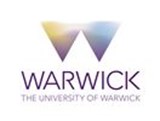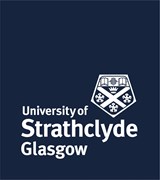EnergyREV
We need to understand the opportunities and challenges around policy, regulation, user engagement and digitalisation of energy systems to unlock the benefits of SLES.
EnergyREV was set up to address these questions in 2018 and ran until 2023. It brought together a consortium of academics with the multi-disciplinary expertise to identify evidence to inform change both in the UK and internationally and provide new tools and insights to accelerate the delivery and roll-out of SLES. We did this by considering the whole-system integration required for SLES.
EnergyREV Impact
EnergyREV delivered a range of outputs for the Prospering from the Energy Revolution (PFER) community and wider energy stakeholders including policy makers, the academic community, industry and the public. These included:
- Position papers and whitepapers that unlock key insights and learnings relevant to the SLES journey;
- Workshops and events designed to inform, inspire and support change;
- Models, data and tools that can be practically applied;
- Academic novelty and advances.
You can find these through the relevant sections of this website.
Prospering from the Energy Revolution
EnergyREV was part of the Prospering from the Energy Revolution programme which ran from 2018 to 2023. This UK Industrial Strategy Challenge Fund programme focused on proving the value, impact, and routes to investment in SLES.
We leveraged our academic expertise, previous research, and international networks to:
- Inform the future plans for delivery and scaling of PFER projects;
- Integrate knowledge from global activities in the PFER programme;
- Provide systematic research and analyses of longer-term requirements and innovations.
 Providing evidence forscaling up smart local energy systems
Providing evidence forscaling up smart local energy systems Providing evidence forscaling up smart local energy systems
Providing evidence forscaling up smart local energy systems Providing evidence forscaling up smart local energy systems
Providing evidence forscaling up smart local energy systems























